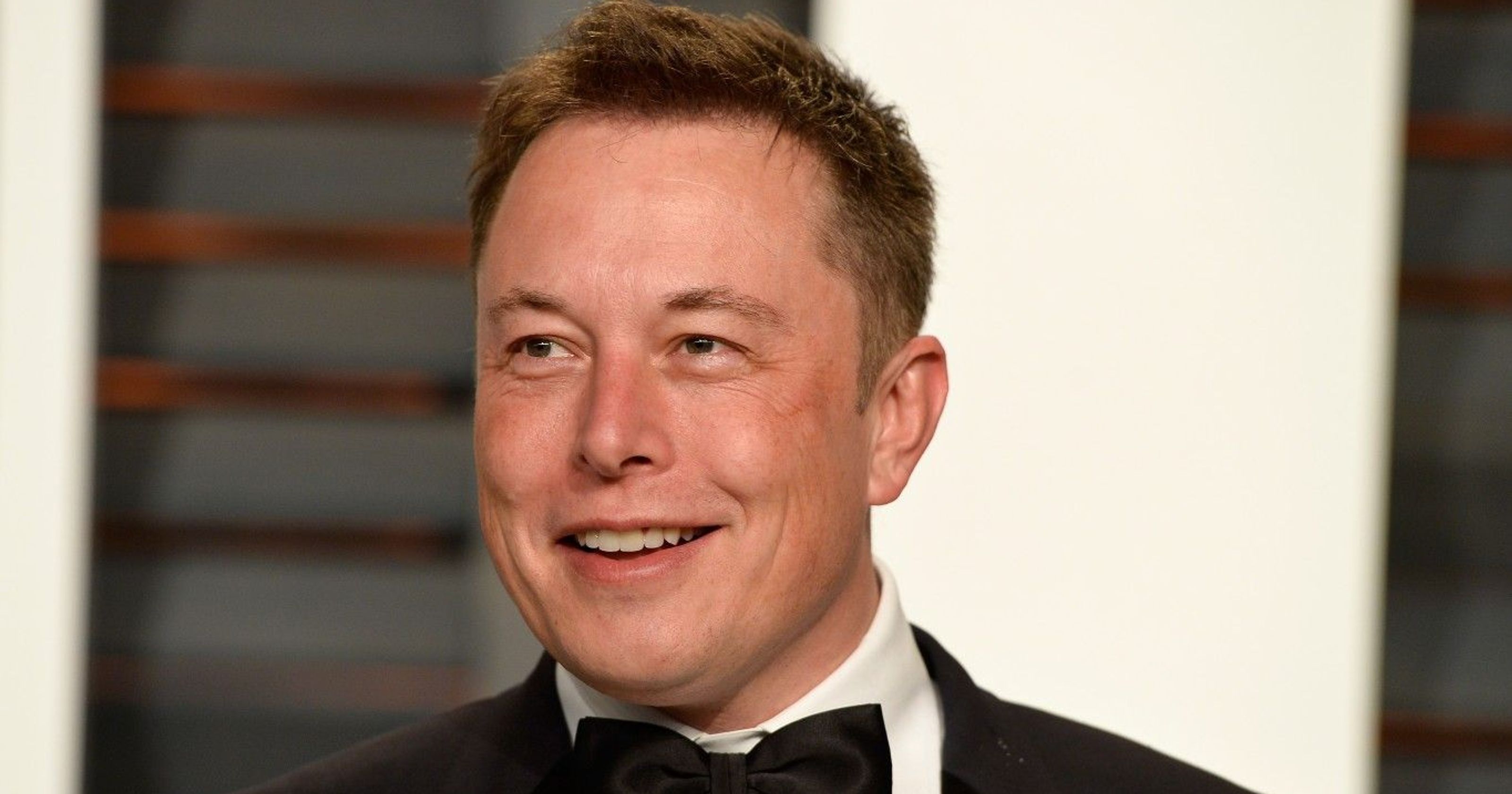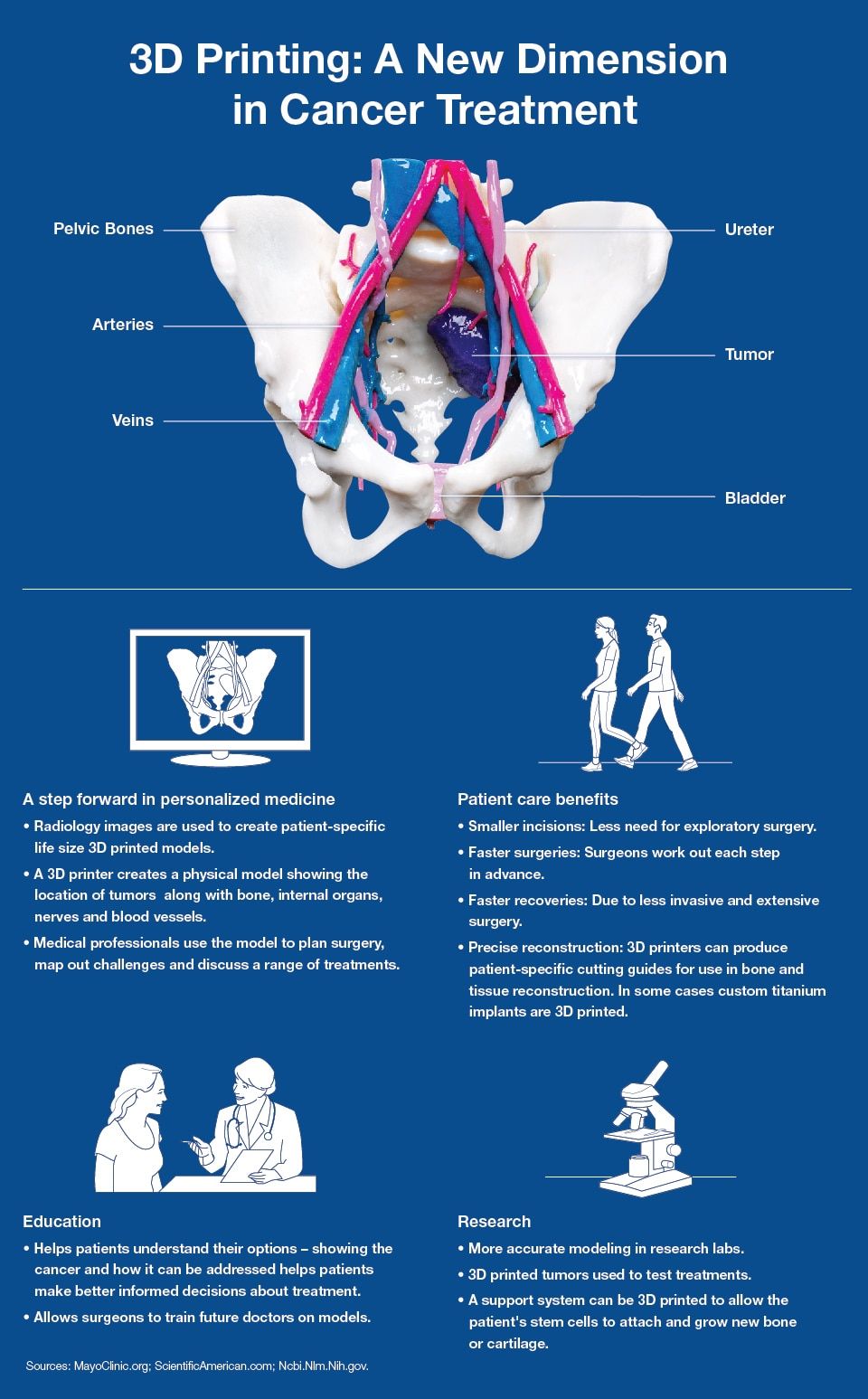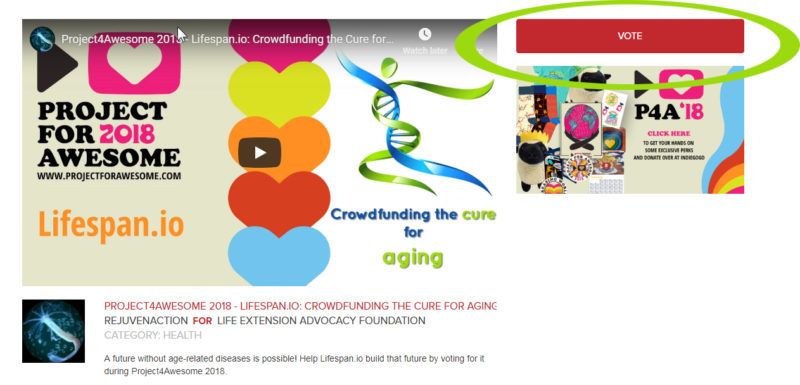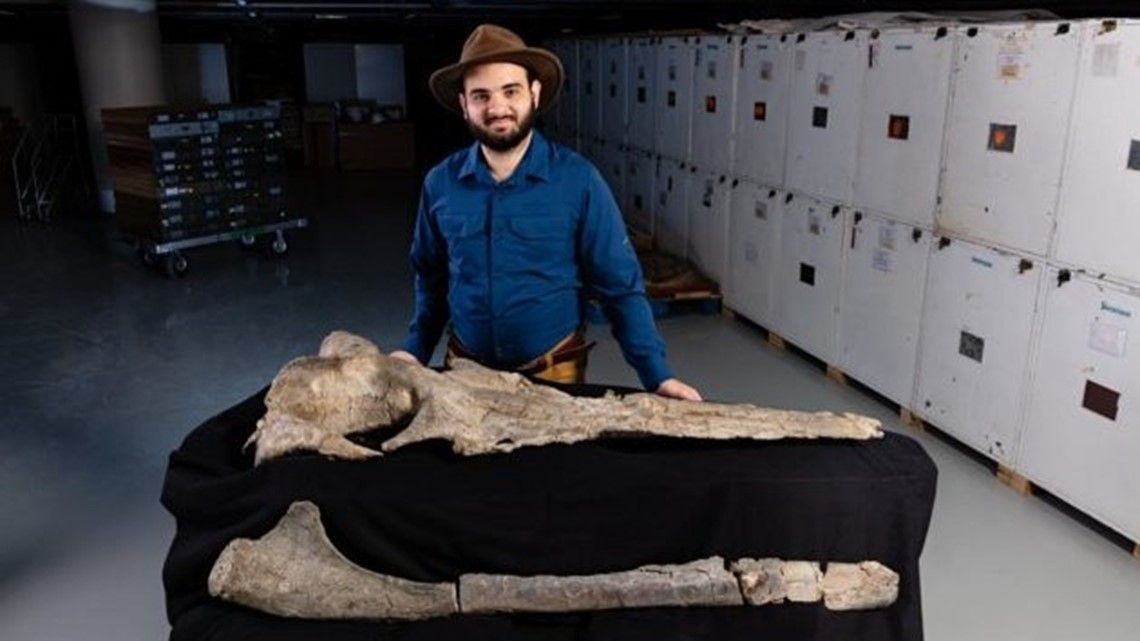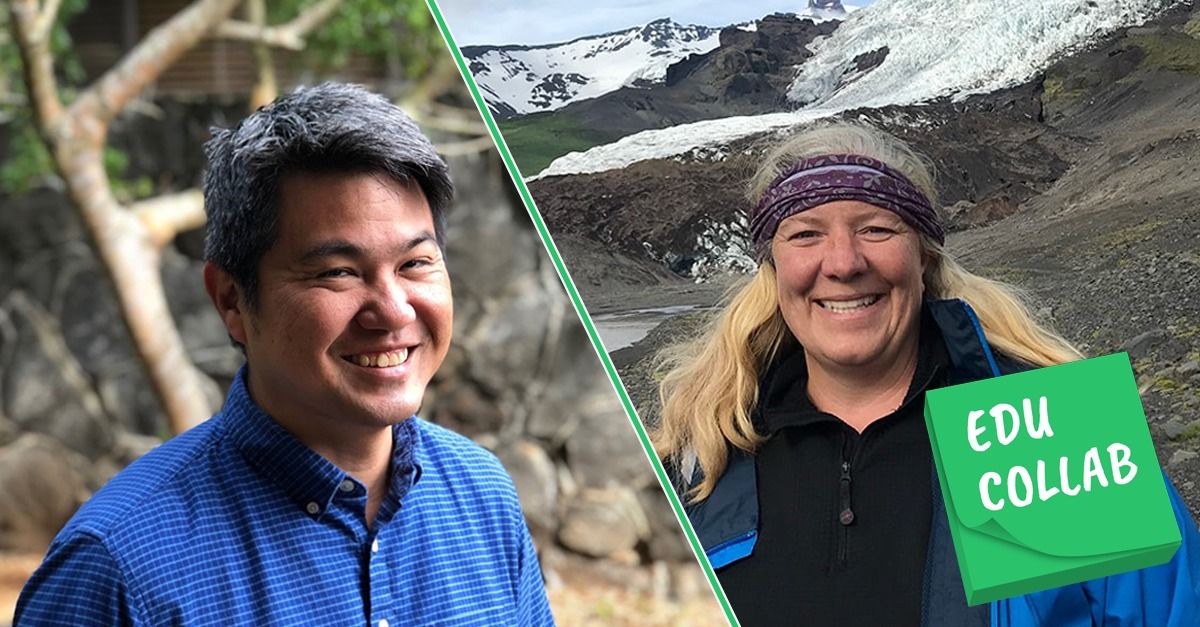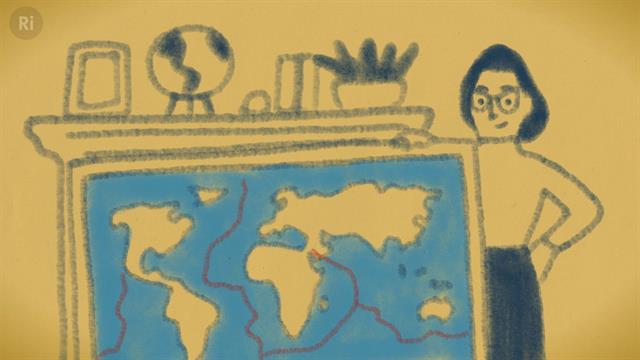Dec 26, 2018
Facial Recognition Tech Aims to Identify Good and Evil
Posted by Derick Lee in categories: education, information science, law, privacy, robotics/AI, terrorism
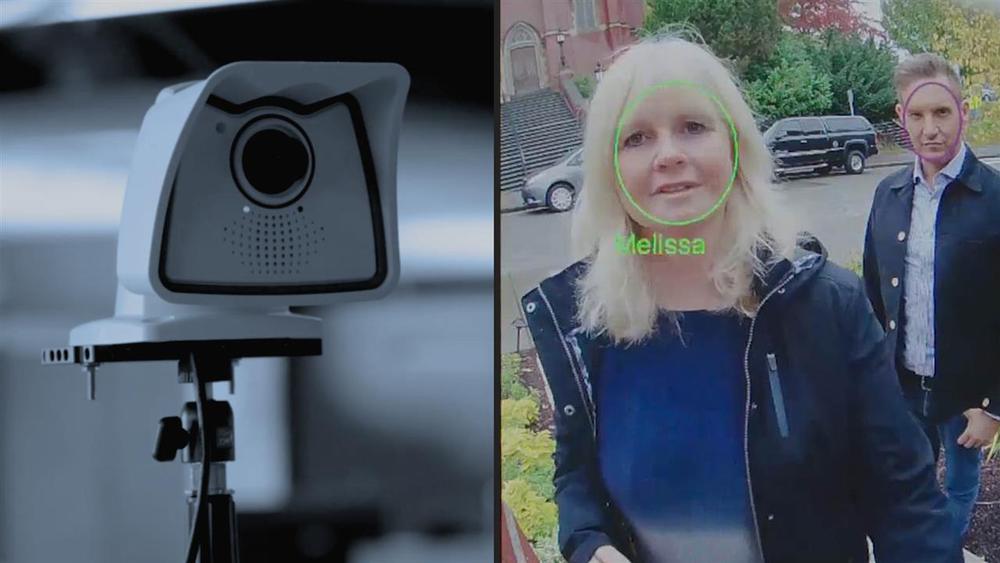
Facial recognition is going mainstream. The technology is increasingly used by law-enforcement agencies and in schools, casinos and retail stores, spurring privacy concerns. In this episode of Moving Upstream, WSJ’s Jason Bellini tests out the technology at an elementary school in Seattle and visits a company that claims its algorithm can identify potential terrorists by their facial features alone.


